
TheGardenLady is fortunate to have her column read by people around the world. One comment on my post Acid Loving Plants, was from Chris who lives in England. Chris has a lovely free website called Plants Free for Life that I think readers in any country would be happy to discover and read. Chris and his wife are self taught propagators of plants.
Â
What does propagation mean? Nurseries, farms and gardens can get most of their next year’s plants by propagating them. The propagation of plants is chiefly by seeds, check out Caring for Marigolds in the 5/31 archive, but some plants will not breed true from seed and must be propagated by various vegetative methods, depending on the type of the plant, which includes cutting, layering and grafting.  A propagator has learned ways of propagating different plants. For a home gardener, propagating your own plants can save lots of money and is fun, too. With your own propagated plants, you can get together with your friends and have a plant exchange so that your home and garden will enjoy more plants than you ever dreamed of having. Chris’s website will explain how to do the propagation yourself.  Â
The photo above is of a Fuschia called Anita. It’s taken from Chris and Alison’s Fuschia Gallery.  If you’d like to use this photo, please contact Chris for permission at chrisecan@btinternet.com.Â
Â
Â
Â

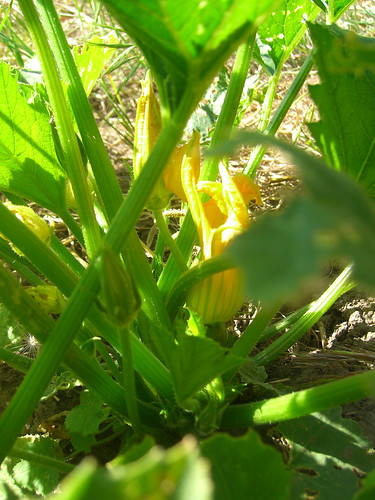
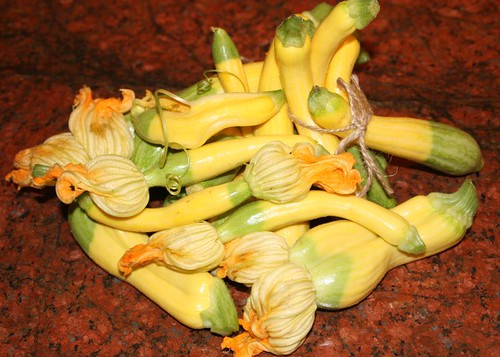

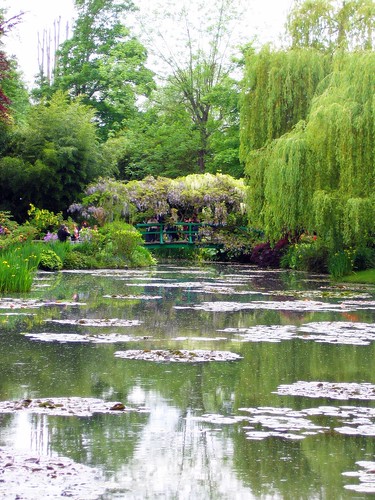
 Â
 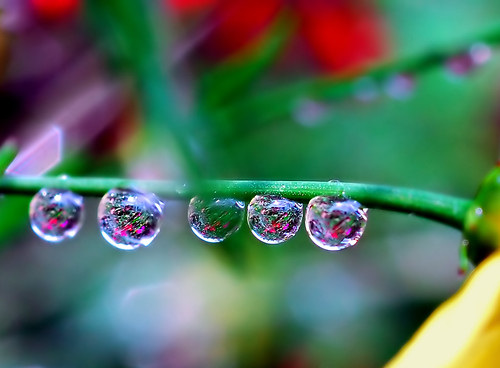   Â
   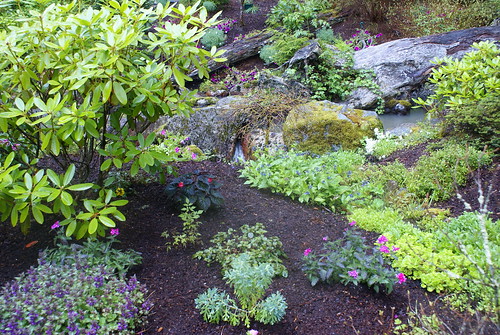
 Â Â Â Â Â Â Â Â Â Â Â Â Â Â Â Â Â Â Â Â Â Â Â Â Â Â Â
                            Â
Â